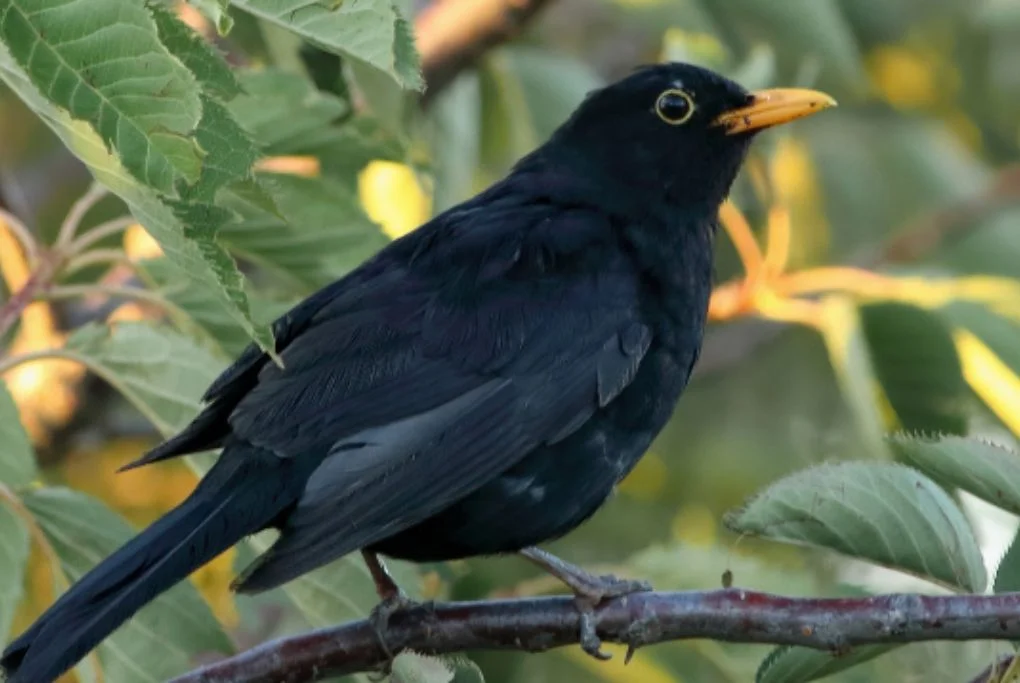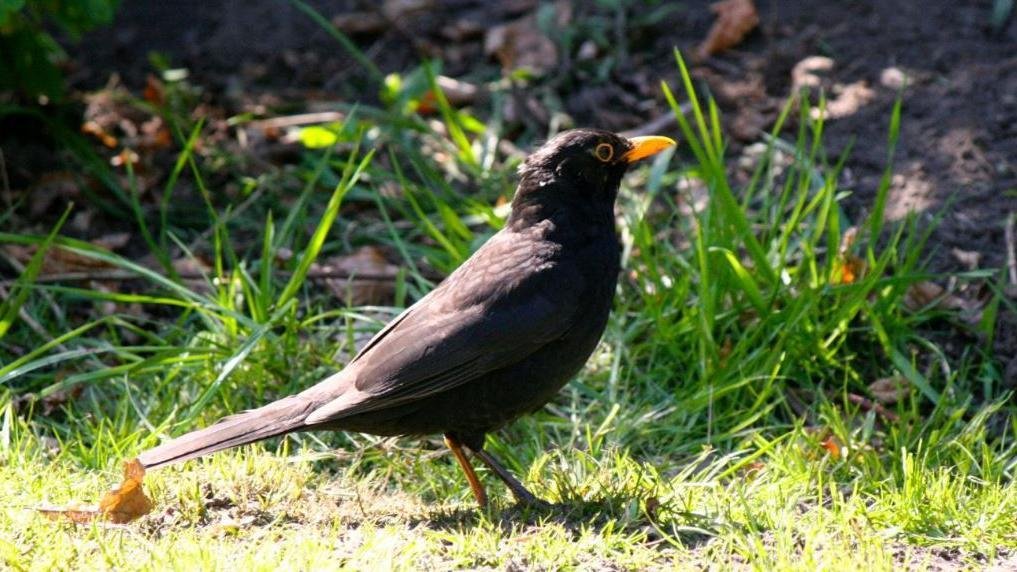Why Blackbird Decline Is a Taste of the Future for UK Wildlife
Once a familiar melody in British gardens and parks, the cheerful song of the blackbird is now growing faint. A stark 40% decline in blackbird populations across parts of the UK has sparked concern among conservationists and wildlife enthusiasts. Among them is Mya-Rose Craig, a 23-year-old ornithologist and climate activist, who warns that this rapid decline is not just about one bird—it is a grim indicator of broader ecological collapse. According to Craig, the blackbird decline is a taste of the future if climate change and habitat loss are not urgently addressed.
How the Usutu Virus Shows Blackbird Decline Is a Taste of the Future

Over the past five years, a mosquito-borne disease known as the Usutu virus has taken root in southern England. This virus, relatively new to the region, has been linked to a dramatic decrease in blackbird numbers, especially in urban areas like Greater London. The virus is spread by mosquitoes, whose populations are expanding due to warming temperatures and increasing rainfall—two phenomena directly tied to climate change. As a result, birds that once thrived in UK gardens are now disappearing at an alarming rate.
Mya-Rose Craig Warns That Blackbird Decline Is a Taste of the Future
Known online as BirdGirlUK, Mya-Rose Craig has been an environmental campaigner since she was 13. Speaking on BBC Breakfast, she described the blackbird’s plight as deeply troubling, especially given that blackbirds are among the most common and beloved bird species in the UK. “When people hear birdsong, it’s often the blackbird. To think of that sound vanishing is incredibly sad,” she said. Her passion for conservation is not just professional—it is deeply personal.
Why Blackbird Loss Signals a Bigger Problem
Moreover, the disappearance of blackbirds is not an isolated phenomenon. Ms Craig emphasized that climate change and environmental degradation are impacting numerous bird species. For instance, starling numbers have dropped by 80% since the 1960s. This trend highlights a broader ecological crisis. As Craig put it, “Our garden species are so special, which is why the speed of their decline is so worrying.”

In addition, Craig warned that most people remain unaware of how dire the situation truly is. “Our wildlife is really, really struggling in the UK in a way I don’t think people really realise,” she said. This disconnect between perception and reality can delay critical policy responses.
Climate Change Fuels a Perfect Storm
Increasingly erratic weather patterns, including warmer temperatures and more frequent flooding, create ideal conditions for the spread of diseases like Usutu virus. As mosquito habitats expand, so too does the risk to native bird populations. Consequently, the blackbird’s vulnerability becomes a harbinger of things to come. Craig stated, “With warmer weather and increased flooding, it feels like kind of a taste of what’s to come.”
A Personal Commitment to Nature
Craig’s advocacy extends beyond blackbirds. She has consistently campaigned for greater awareness and stronger action on climate change, biodiversity loss, and environmental education. Awarded an honorary doctorate by the University of Bristol in 2020, she uses her platform to engage young people with nature and to encourage them to become environmental stewards.
She also champions the often-overlooked “small brown birds” that make up much of the UK’s garden avifauna. These species, though less flashy than some of their counterparts, play critical roles in ecosystems—from pest control to pollination. Their decline, Craig argues, must not be ignored.
Mental Health and the Soundscape of Nature
Furthermore, Craig points out that the loss of birdsong has psychological consequences. “Imagine a city without birdsong—it has a really terrible knock-on effect on people as well,” she explained. Numerous studies support her claim, showing that natural sounds like birdsong contribute to reduced stress and improved mental health. As such, protecting bird populations is also about preserving human wellbeing.
Solutions and the Path Forward
So what can be done to reverse this disturbing trend? Craig advocates for stronger policies on climate mitigation, wildlife protection, and disease monitoring. She also encourages individual actions such as creating bird-friendly gardens, reducing pesticide use, and supporting conservation organizations.
In the long term, collaborative efforts between scientists, policymakers, and the public will be essential. Early detection systems for new wildlife diseases, improved public education, and international cooperation on climate action can all help mitigate the threats to the UK’s biodiversity.
A Call to Listen
Ultimately, the blackbird’s fading song should serve as a wake-up call. As Mya-Rose Craig reminds us, the blackbird decline is a taste of the future—a future where inaction leads to silent mornings and vanishing wildlife. If we wish to preserve the natural harmony that so enriches our lives, we must act now.
By responding to these early warnings with urgency and compassion, we can ensure that future generations inherit a world still filled with birdsong and biodiversity. The time to listen—and act—is now.




